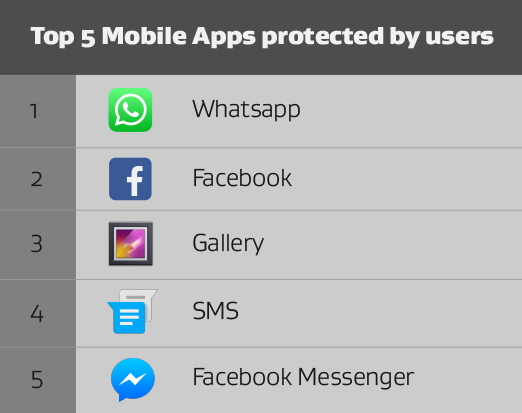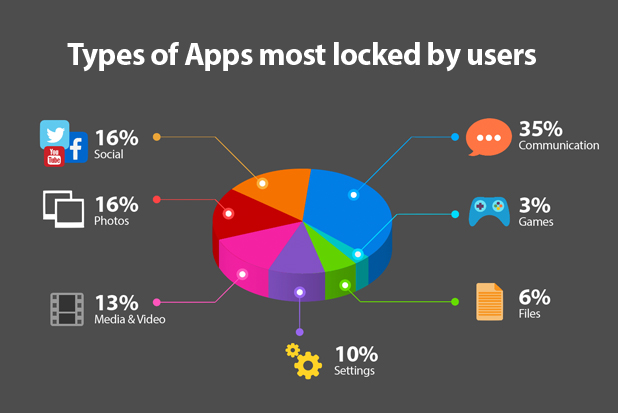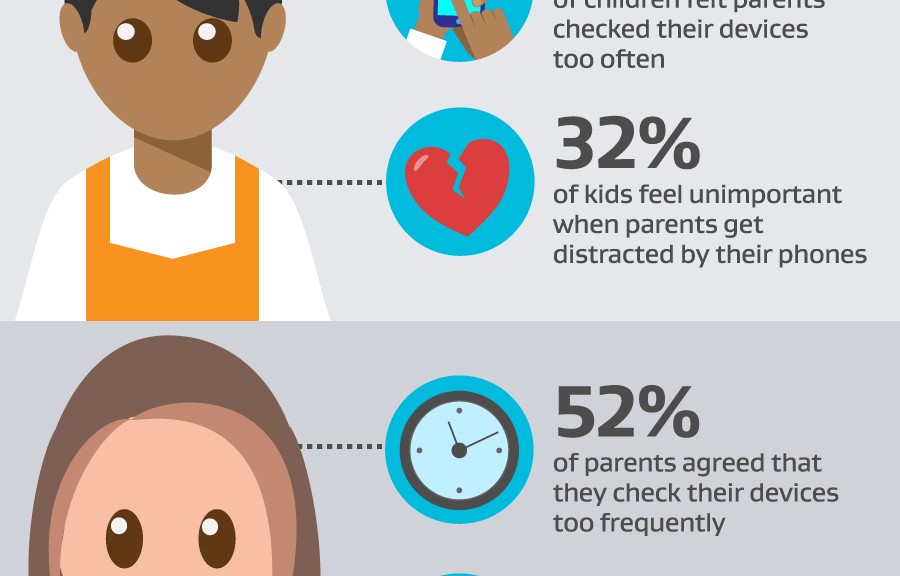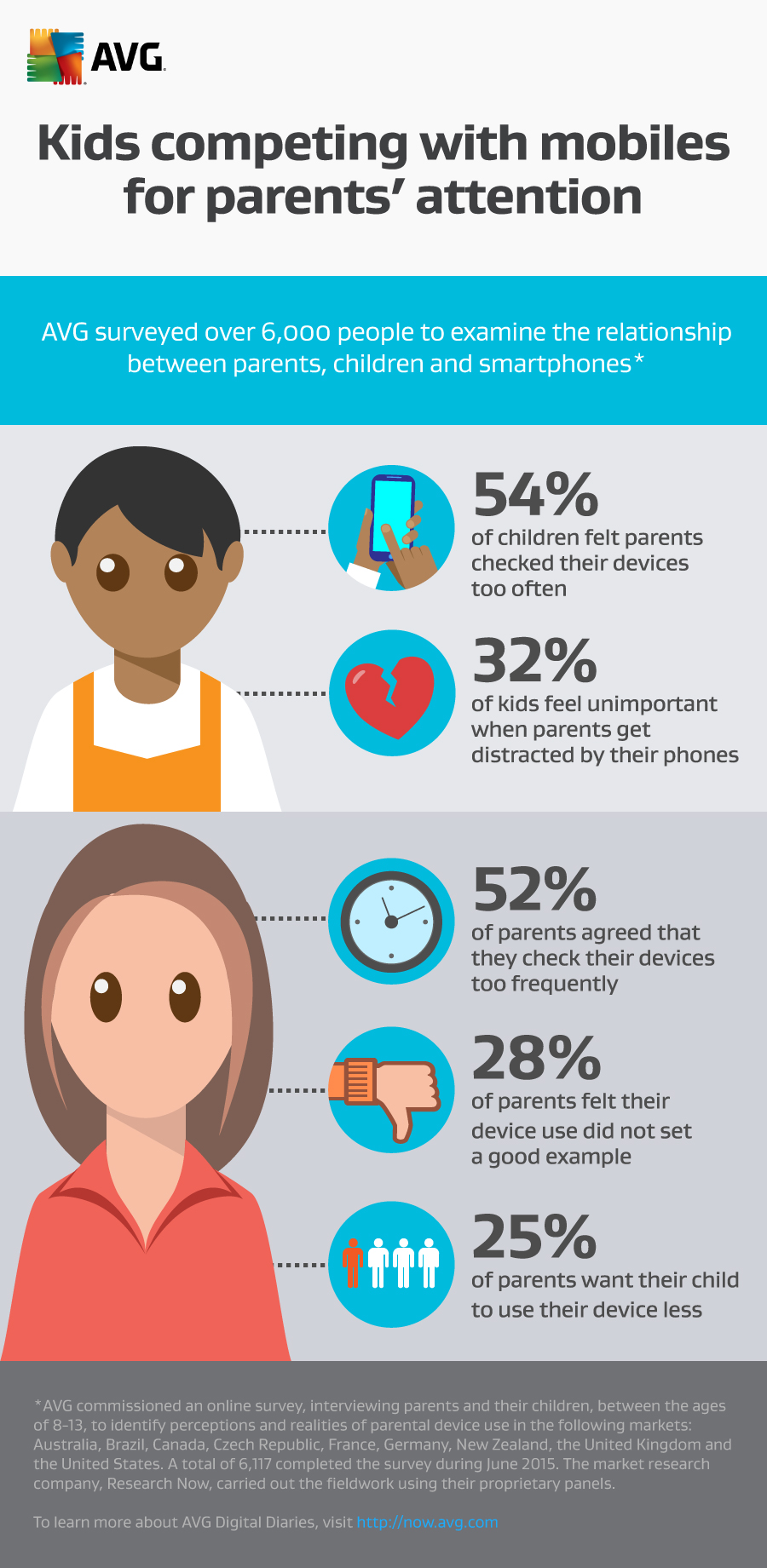 I’m glad to announce that we have acquired Remotium, a leader in virtual enterprise mobility, headquartered in Silicon Valley. Remotium’s award-winning and patent-pending technology, the Remotium Virtual Mobile Platform (VMP), provides enterprises with secure access to business-critical applications from anywhere and from any mobile or desktop device. With this product, corporate mobile users have all their personal data and apps resident on their mobile (iOS or Android) while all their corporate data and apps reside and execute on a server and are only displayed on the mobile. This is the perfect fit for bring-your-own-device (BYOD) environments.
I’m glad to announce that we have acquired Remotium, a leader in virtual enterprise mobility, headquartered in Silicon Valley. Remotium’s award-winning and patent-pending technology, the Remotium Virtual Mobile Platform (VMP), provides enterprises with secure access to business-critical applications from anywhere and from any mobile or desktop device. With this product, corporate mobile users have all their personal data and apps resident on their mobile (iOS or Android) while all their corporate data and apps reside and execute on a server and are only displayed on the mobile. This is the perfect fit for bring-your-own-device (BYOD) environments.
Remotium‘s mobile solutions address the needs of modern enterprises. As more and more companies support BYOD policies, the question of how to implement these policies efficiently and securely is top of mind for everyone. As people bring their own devices to work, the lines between business and private data become blurry. In a study, IBM found that millions of people use dating apps on company smartphones, which could expose themselves and their employers to hacking, spying and theft. Out of the 41 dating apps analyzed by the researchers, 26 had medium or high severity vulnerabilities.
With Remotium’s technology, companies have the visibility and security needed to ensure data integrity and corporate compliance. At the same time, users enjoy increased privacy, as well as apps that look and feel consistent across mobile and desktop platforms. Remotium was named “Most Innovative Company” at RSA® Conference 2013 and won the Best of Show award at Interop Tokyo in June 2015.
With this acquisition we are expanding our mobile offerings into the enterprise space. Although our near-term approach with Remotium is to make the products successful in the enterprise market, we also see a tremendous opportunity to leverage this innovative technology within our traditional consumer and SMB markets.
We are pleased to add the Remotium staff to our team of more than 600 Avast employees – together we will further accelerate Remotium’s growth and expand its capabilities across enterprise mobility platforms.
![]()



